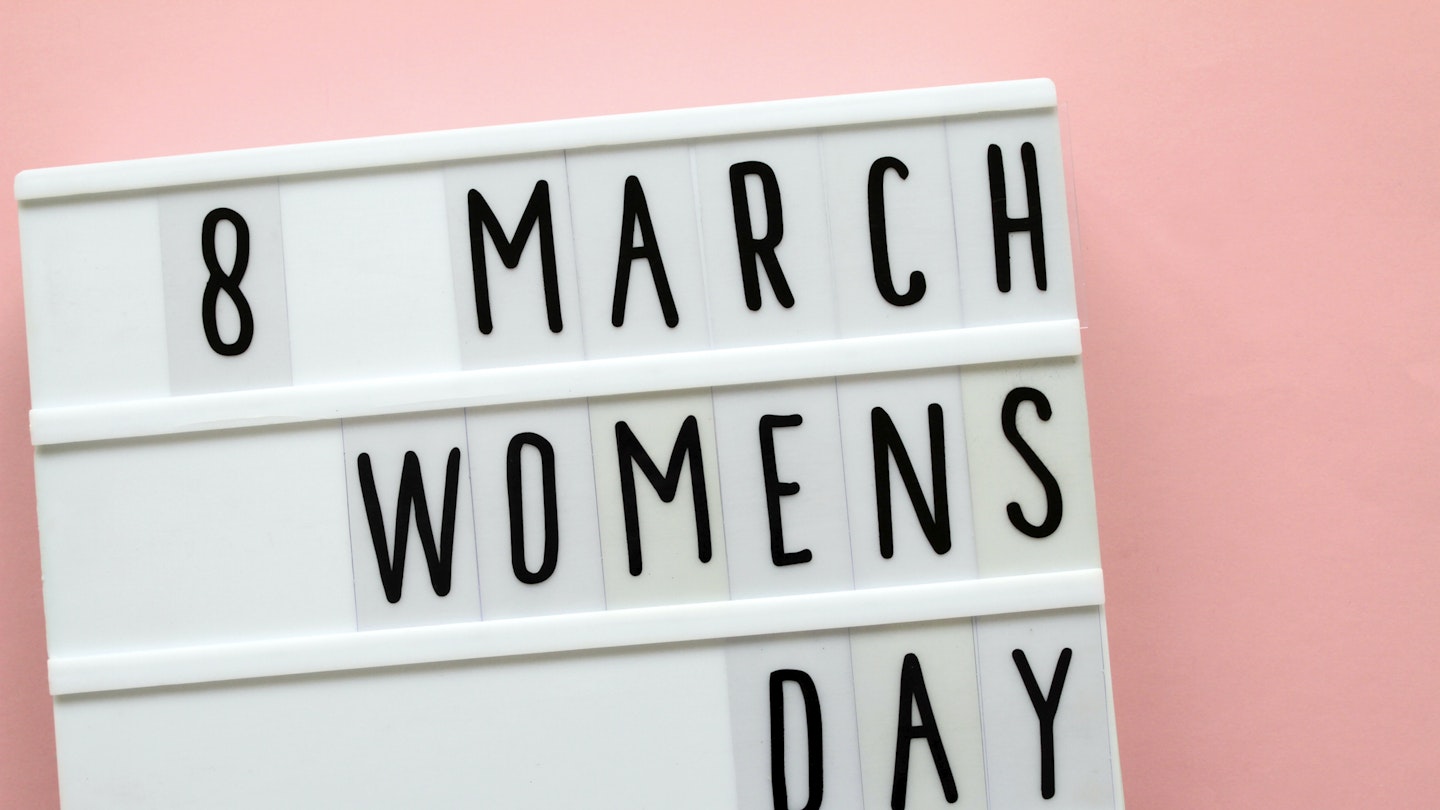Jane Cunningham and Philippa Roberts are co-authors of Brandsplaining: Why Marketing Is Still Sexist And How To Fix It. They are co-founders of PLHresearch, the UK’s leading research agency specializing in female audiences.
In the run-up to March the 8th each year, marketing people across the world rack their brains to find some way of marking International Women’s Day. This year we can expect some of the usual eye-catching razzmatazz like McDonald’s turning its Golden Arches upside down, and of course the annual heartwarming advertising spots doing their emotional best to highlight female contributions to sport, parenting, business, whatever. There may even be a few marketing managers for household cleaning or food brands out there thinking about thanking women for taking the domestic reins over the course of the pandemic and shouldering the lion’s share of cleaning, and feeding and home-schooling.
But before congratulating themselves on that attention seeking change to the brand name (remember last year when Shell flipped to She’ll for the day?) or ticking the woman box by adding in that final Go Girl hash-tag, is it time to stop and re-consider all the performative IWD marketing? In the spirit of this year’s ChooseToChallenge theme – this is our challenge: after a year in which women have been losing jobs at a faster rate than men, giving up on their work because they were more likely to pick up the childcare than their partner, and then patronized with words of thanks by the government, but not much else, should we be calling time on these ‘behold how we support women’ messages from business?
Fifteen years ago, we set up a market research company with the aim to help businesses better understand the female audiences that they professed to serve. At the time, the whole notion of what is now (very cringingly) described as ‘Fempowerment’ – the practice of using feminist messages to promote brands – was just beginning. And, in the early days, brands like Dove and the Campaign for Real Beauty or Always with Like a Girl or Sports England with This Girl Can genuinely changed the landscape and challenged decades-old definitions of what women should be and how they should behave.
And to be fair, when the ‘go girl’ #youbeyou messages first appeared in marketing, women found it genuinely refreshing. For decades, they had been consuming marketing that told them to be thinner, younger, whiter, kindlier, better mothers, better wives, better housewives. So these ‘empowerment’ messages did at least feel different, and modern. However, ten years on from the boldness of Dove - when it responded to what women had been saying for years, that they preferred more realistic portrayals - women are feeling more jaded than they are bolstered by corporate feminism. Despite all the headlines and the hash-taggery, 66% of women still don’t connect with what they are seeing in marketing; 60% still say that they think marketing has an outdated view of women; 46% believe that the new wave of feminist campaigns and movements are exaggerated and do not reflect reality
And the reason we are wearying is because much of the activity is a veneer. We are conscious (as the targets of it all) that, in reality, marketing mostly still peddles an idealized version of women, which is the antithesis of its more recent feminist messages. This idealised version of women is sometimes described as The Good Girl ideal. The Good Girl is thin (a little bigger than Moss-y but still very thin), she’s white (and if she isn’t she must be in a line-up of ethnically diverse others), she doesn’t talk (or she talks a bit, just seven times less than men in advertising), she doesn’t age (only one in ten ads features a women over 50 years old), she’s often super-sexy, male-gaze, eye candy (one in four ads), and when she’s not busy seducing, she’s cleaning or gazing adoringly at her baby or feeding her ‘brood’.
We are wearying because when brands say ‘be braver, be stronger, be bolder’ we hear just another set of criticisms – not about the way we look now, but about the way we are. It is worth making a note here that brands are not offering men the same sort of ‘advice’.
We notice when ‘fempowerment’ messages in advertising spots are contradicted by the same brand in other, less obvious places. Yes, ‘you can be you’ when you’re watching the big, famous empowering TV campaign, but hang on, not so fast with your burgeoning self-esteem because you really should not be you when you’re for moisturizing cream. You must still be younger, smoother, dewy and fresh.
This year, women should ignore the brands that hope to impress with their feminist credentials and empty promises, and instead seek out brands that do the right thing for them - not just say the right things about them. The brands that put their money where their mouth is – and focus on Deeds not Words - are the brands women will applaud on International Women’s Day.
These are the brands who pay women in their supply chains properly Brands like the Girlfriend Collective who make sustainable performance sportswear and guarantee fair-wages, safe and healthy working conditions and zero forced or child labour; brands who develop clever, simple ideas that help women (like Frida mom who make brilliant ‘tools’ to provide solutions for mums nursing babies) brands who make women’s burdens lighter (like Tesco who recruited 47 000 temps so that they could make sure food supplies got out there in the pandemic whilst protecting staff who needed to shield) and of course those who provide products that give women joy.
So brands, we’ll be keeping a close eye on your after March 8th to see if you actually follow through, because IWD is about more than a challenging hash-tag and a logo on a website and a discount for one day.
